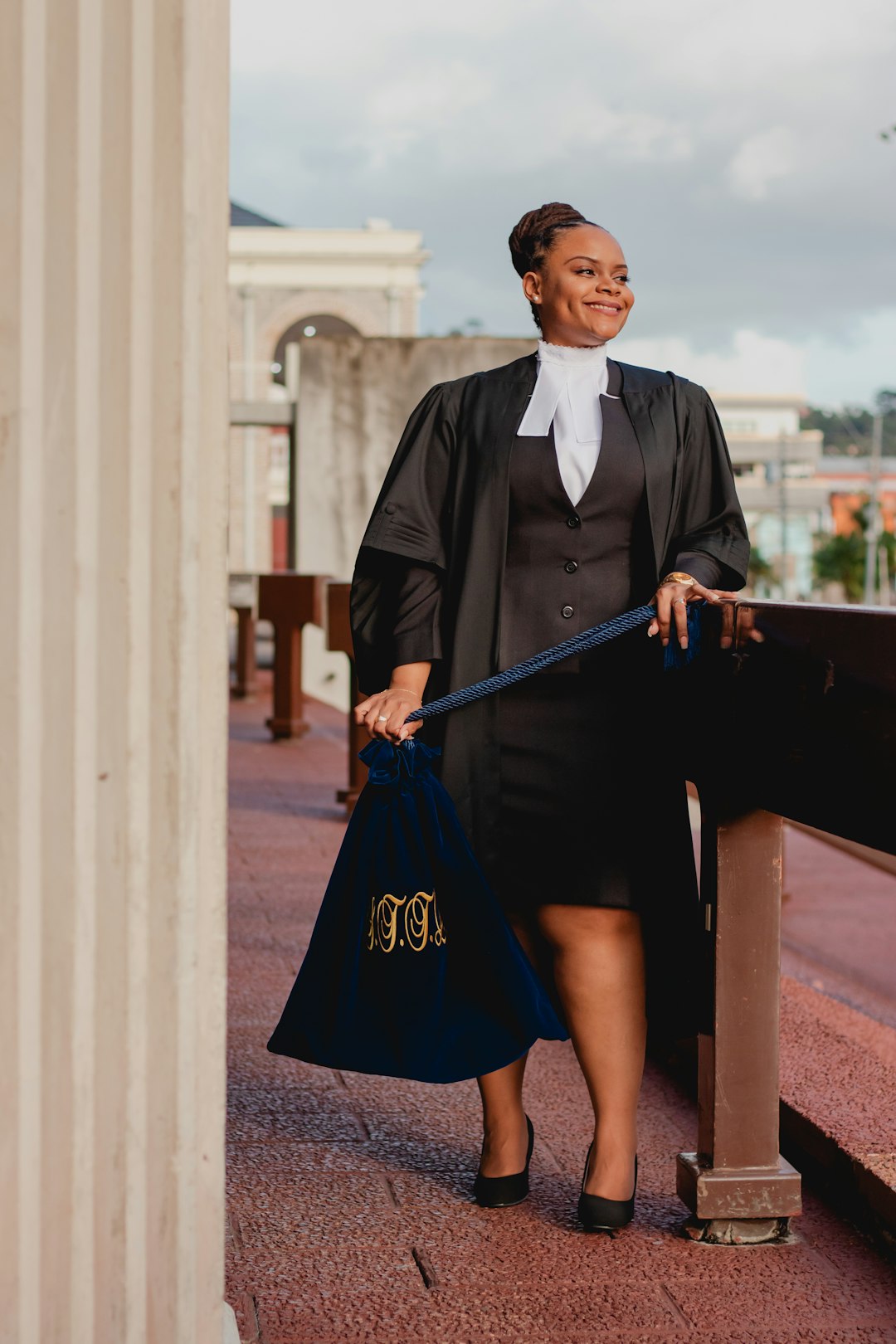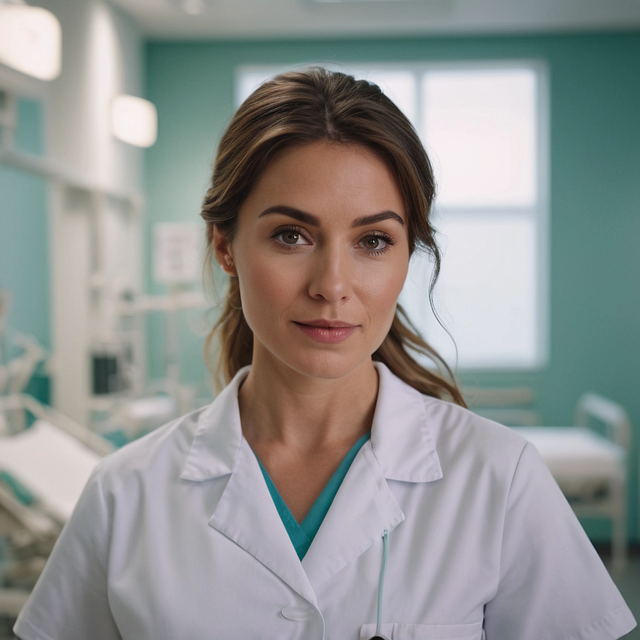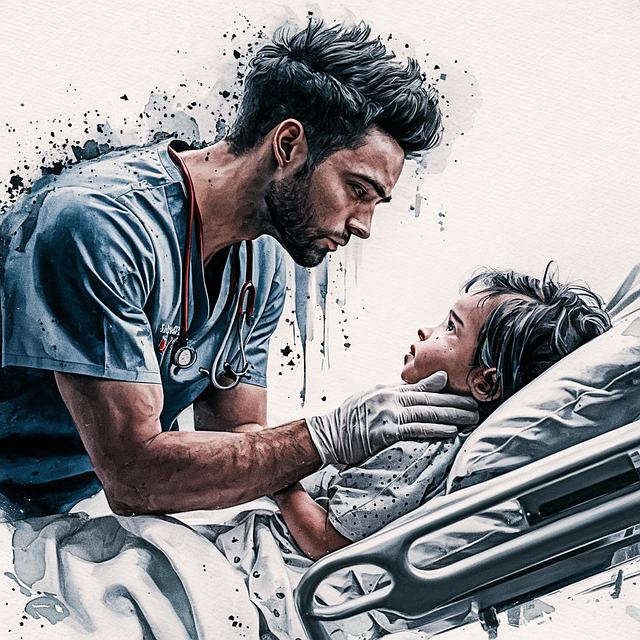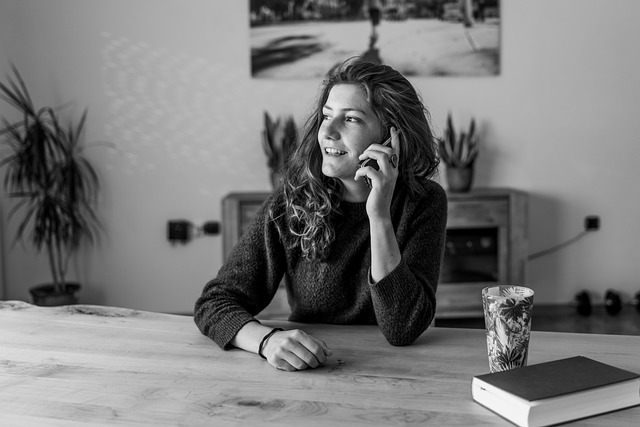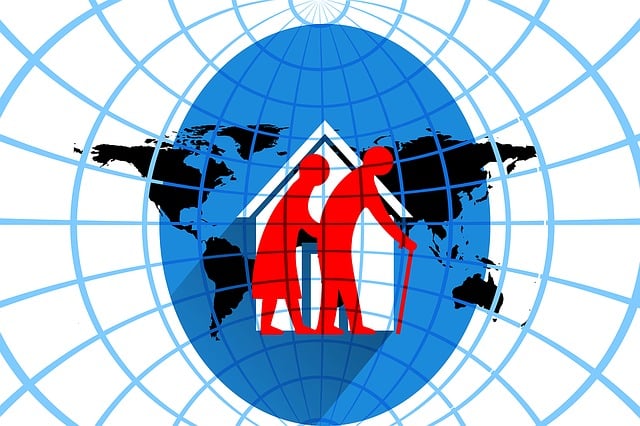Elderly sexual assault in New York is taken seriously due to the vulnerability of older individuals. Elderly sexual assault attorneys in New York NY play a crucial role by gathering compelling evidence like medical records, forensic samples, witness testimonies, and victim accounts to ensure successful prosecution beyond a reasonable doubt. They guide victims through the legal process, protecting their rights while utilizing strategic approaches and expert testimony to build strong cases, particularly in Yonkers, NY.
In Yonkers, NY, addressing elderly sexual assault requires a comprehensive understanding of local laws and robust evidence collection. This article guides you through the critical aspects of proving such cases in court. We explore New York’s specific legal framework regarding elderly victims, emphasizing the importance of medical and forensic evidence. Additionally, we delve into effective legal strategies employed by an experienced elderly sexual assault attorney to ensure justice for those who have suffered this profound violation.
Understanding Elderly Sexual Assault Laws in NY
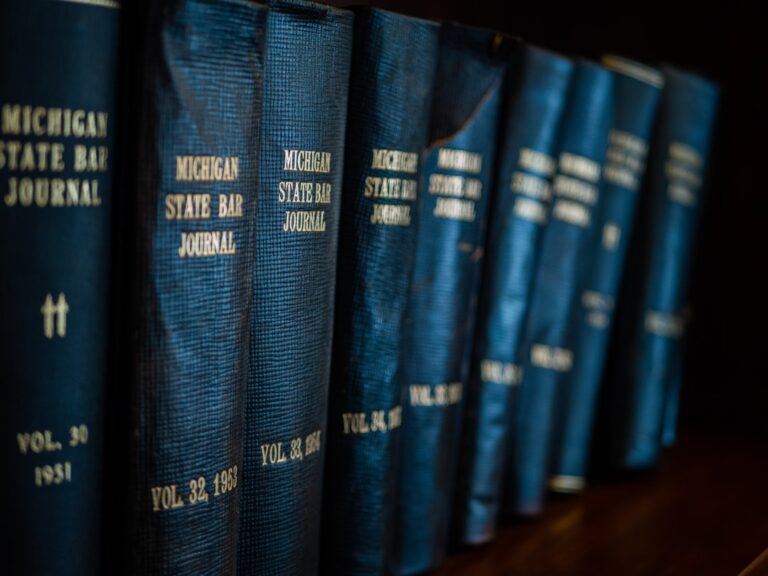
In New York, elderly sexual assault is taken extremely seriously due to the vulnerable nature of older individuals. The state has stringent laws in place to protect elders and hold perpetrators accountable. As an elderly sexual assault attorney in New York (NY) would advise, the legal definition of sexual assault includes a wide range of unwanted sexual acts against an elder, including forcing or coercing them into any form of sexual contact.
Understanding the specifics of these laws is crucial for successful prosecution. This involves gathering compelling evidence that demonstrates the assault beyond a reasonable doubt. Evidence may include medical records showing physical injuries consistent with assault, forensic evidence from the scene, witness testimonies, and detailed accounts from the victim themselves. An elderly sexual assault attorney in NY can guide victims through this process, ensuring their rights are protected throughout the legal journey.
Gathering Medical and Forensic Evidence

When investigating and prosecuting elderly sexual assault cases, gathering comprehensive medical and forensic evidence is paramount to building a strong case in court. An elderly sexual assault attorney in New York NY will play a crucial role in ensuring all relevant information is collected and preserved properly. Medical records can provide insights into the victim’s health status before and after the incident, helping to document any physical injuries or changes in mental well-being. This includes hospital admission papers, X-rays, and treatment notes from healthcare providers.
Forensic evidence, such as DNA samples, clothing fibers, or bodily fluids found at the scene or on the victim, can be invaluable in identifying the perpetrator and establishing a direct link to the crime. An experienced elderly sexual assault attorney in New York NY will work with medical professionals and forensic experts to collect, analyze, and interpret these evidence pieces, which may include swabs, hair samples, and other physical remnants, ensuring they are admissible in court and strengthen the prosecution’s case against the accused.
Legal Strategies from an Elderly Sexual Assault Attorney
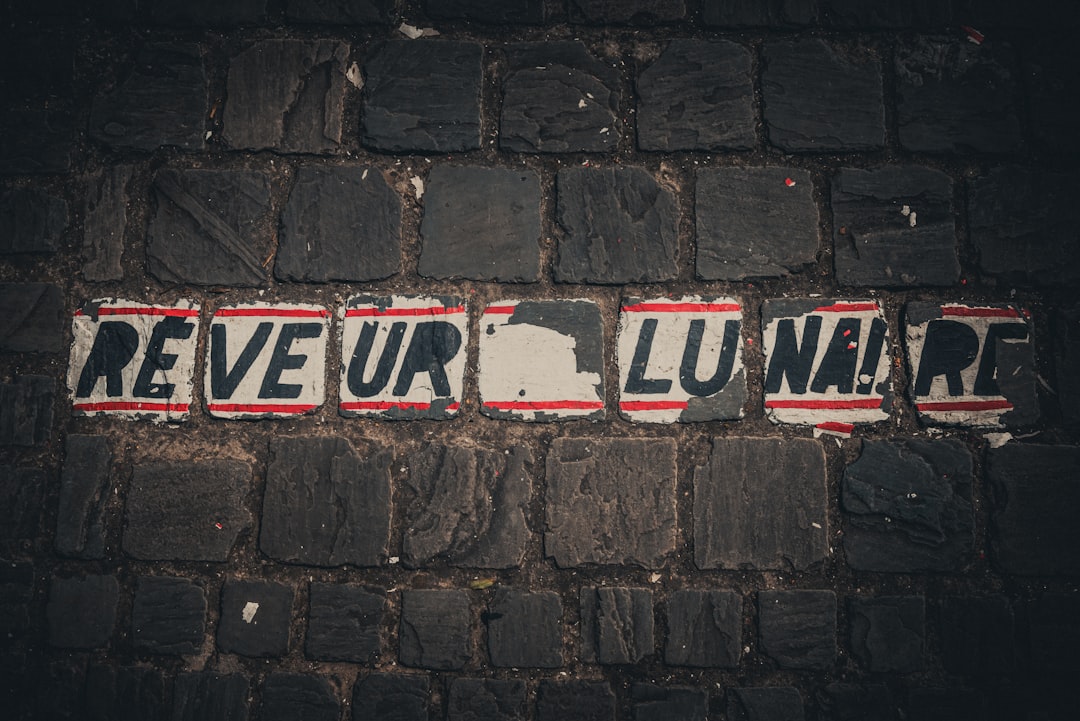
When navigating the legal system to prove elderly sexual assault in Yonkers, NY, an experienced elderly sexual assault attorney is crucial. These attorneys employ strategic approaches tailored to the unique challenges of such cases. They begin by gathering comprehensive medical records detailing any injuries or examinations related to the incident. This includes hospital reports, doctor’s notes, and photographs documenting physical evidence.
Additionally, an elderly sexual assault attorney in New York NY will collect witness statements from family members, caregivers, or anyone present during or after the assault. These testimonies provide crucial context and corroboration. They also review security footage or surveillance records if available, which can serve as powerful visual evidence. Furthermore, they may consult with experts like psychologists or social workers to understand the emotional and psychological impact on the victim, offering expert testimony to support the case.
